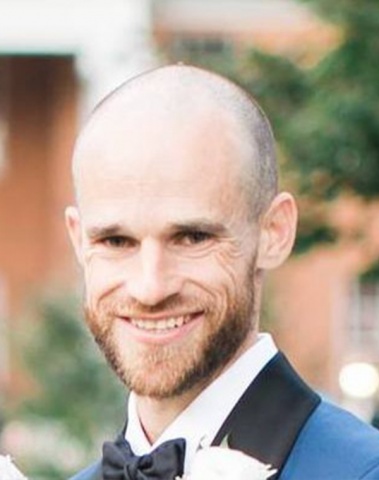Wouldn’t it be great if non-profit organizations and public sector entities utilized some of the evaluation methods, commonly used by the private sector, to measure their performance?”

Jimmy Schneidewind
Location: Washington, DC
First job out of Ford School: Project Coordinator - 2Seeds Network
Serving in Mozambique with the Peace Corps, Jimmy Schneidewind (MPP/MBA '15) became frustrated by deep-rooted, operational red tape. "You become aware of what you don’t know," said Schneidewind, recalling the information disconnect between field workers and those pulling the strings in DC. "Why do the hospitals operate in this way? What is the US doing to contribute to this?" Schneidewind found answers to some of these questions while at the Ford School.
Now a senior associate program manager at Population Services International (PSI) in Washington, DC, Schneidewind works to administer programs similar to those in which he worked before graduate school. "Being in the field and doing things with your hands is really important but understanding the role of DC is also important."
Schnediewind said his master’s degree from the Ford School was critical to landing his job with PSI. “With this degree, your employer thinks 'I know this person knows how to deal with adversity, be stressed, and turn that stress into productivity'," said Schneidewind. While at the Ford School, he pursued a dual degree from the Ross Business School, which has helped guide his policymaking decisions. He entered graduate school thinking, "Wouldn’t it be great if non-profit organizations and public sector entities utilized some of the evaluation methods, commonly used by the private sector, to measure their performance?" and uses this model to propel his work at PSI.
Schneidewind underscored the importance of both field work and DC work. "The best way to get better at doing international work is to actually do international work." But in order to answer some of the questions you’re bound to have after field work, a master’s degree is imperative. "You learn more about policy and get the credentials to create change," he said